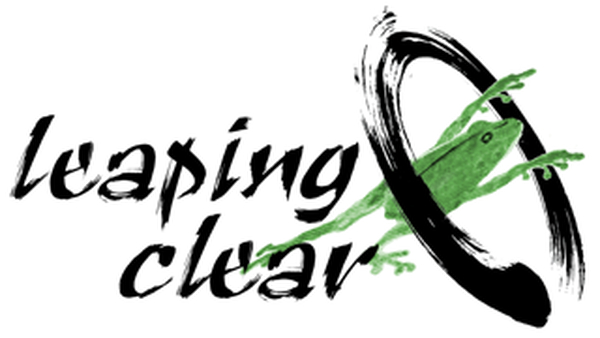J. P. White
Narrow, Dead-End Road
There is a world on a narrow, dead-end road above the sea
Where you think you can always start over
No matter how old you’ve become,
A world forgotten and always known,
Just there, forever out of reach.
This is where you imagine you would like to spend
How ever many days you have left
Inside a pocket of green looking out at a sliver of blue,
One feeding the other
Like the yellow and black tang fish
Who live out past the fallen iron pier
And suck and scrape and eat the dirt, dead skin and algae
From the shells of green turtles,
The cleaning of one followed by the filling of the other.
In the Afterlife of the Garden of Accommodation,
A Memory Holds
Undertaken at incalculable expense,
the splendor of my possessions,
sandalwood, pear, catalpa.
When the planting of apricot trees was akin to caring for elders.
When the placement of rocks sprang from a love of learning.
When weeding was regarded as the eradication of an evil.
Like others before me, I lived at the tail end of an age of decline.
When walking in silence was heard as chamber notation.
When the discovery of an old stream bed offered direction.
When a pair of hands in morning dirt revealed substance.
I understand this much.
The life of gardens is one of continual assault.
I know how to accommodate glamour and plunder.
No one owns the gumbo leaf mold pathways.
A Tree Becomes A Room
Thick of girth with flaking scales,
The gingko had seen emperors come and go
Through wars and famine.
It had lost its yellow leaves
And replaced them with green again.
Yuan Mei decided to shelter its trunk
By spending more time
Watching over it.
He called this place,
A Tree Becomes a Room.
The Taoist poets might welcome this time behind closed doors
To visit again forgotten poems,
Unfinished garden plans.
Wherever they are,
They are always climbing,
Sweeping a mountain path with their footsteps.
No, that’s a lie. That’s too pretty.
On many days, they can’t write.
They can’t speak.
They can’t put on their shoes.
They can do nothing more than sit for a time in the ginkgo room.
In Some Hour Beyond This One
I read the first pages of a novel starting at the end of the world,
Then we set off in search of the honeycreeper
Late on the retreat for the upper reaches of the ʻōhiʻa.
Threads of hot rain have followed them
Up the slopes and into the trees
Where mosquitoes deliver the new threat of malaria.
What is ours to do?
Keep looking for the scarlet, crescent-shaped bill
Buried in the lobelia leaves
And return to a bank of tangerine pink clouds over Lanai.
Maybe these will not vanish.
Maybe the last will be first and the first will be last
In some hour beyond this one.
Meanwhile, the lovers that tell the story of the novel
Are making sculptures out of stones, ropes and plastic laundry tubs
That have piled up on a beach
And they seem pleased with their creations, undismayed
By the smoke that could easily be mistaken for clouds of late island afternoon.
J. P. White
I get up at 5:30am and so begins my two hour daily practice. This time includes meditation, writing and reading – no headlines, no email. It starts with 10 vagal breaths (the drawing in of breath for 5 seconds, holding for 2, releasing for 8 seconds.) This breathing is my standard pause button for anything. It’s like setting out alone into the ocean in a rowboat – both a little frightening and reassuring. Finding a little time out of time to create a time of invitation. I make a deliberate break with the death of sleep as well as with old patterns, old habits, old thoughts. (God knows I have a lot of them). I ask for just another sliver of time to set something new in motion. All our lives, Isaiah reminds us, we are always about ready to do an old thing or a new thing. When I interrupt the noise of my old story, the silence of a new one sometimes finds me, and this is the threshold I want to cross where the muse might also just be waking.
J.P. White has published essays, fiction, reviews, interviews and poetry in over a hundred publications including The Nation, The New Republic, The Los Angeles Times Magazine, The New York Times, The Gettysburg Review, Miramar, The Sewanee Review, The Georgia Review, Shenandoah, The Massachusetts Review, APR, Parnassus, The American Journal of Poetry, Cimarron Review, Willow Springs, Crazyhorse, NAR, Poetry, and What Rough Beast. His fifth book of poems, All Good Water, from Holy Cow! Press was published in 2010. His debut novel, Every Boat Turns South was published in the fall of 2009.
